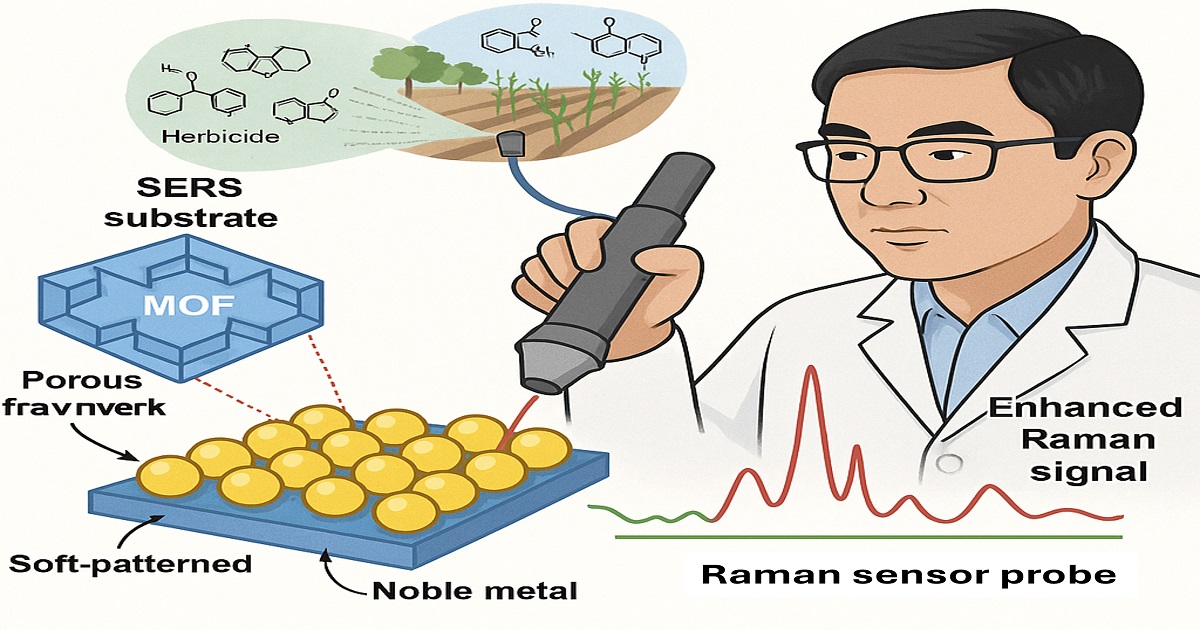- 3.5Impact Factor
- 8.2CiteScore
- 20 daysTime to First Decision
Advances in Surface-Enhanced Raman Scattering (SERS) Sensors and Applications
This special issue belongs to the section “Biosensors“.
Special Issue Information
Dear Colleagues,
Surface-enhanced Raman scattering (SERS) is a powerful spectroscopic technique offering exceptional sensitivity and molecular specificity. With the integration of plasmonic nanostructures and Metal-Organic Frameworks (MOFs), SERS sensors are being revolutionized for detecting trace levels of chemical and biological analytes, including pesticides such as herbicides, insecticides, nematicides, and fungicides. This Special Issue invites contributions focusing on the design, fabrication, and application of SERS-active substrates, especially soft-patterned and flexible one, and sensor probes tailored for environmental and agricultural diagnostics. Recent studies have shown the potential of MOF-based SERS substrates in gas and pesticide sensing due to their tunable porosity and large surface area. In addition, metal nanoparticles remain pivotal in achieving high SERS enhancement factors. This issue aims to showcase advancements in the hybridization of functional materials, bio-derived or synthetic platforms, and nano-engineering strategies to improve sensor performance.
Prof. Dr. Yang-Wei Lin
Prof. Dr. Yung-Sheng Lin
Guest Editors
Manuscript Submission Information
Manuscripts should be submitted online at www.mdpi.com by registering and logging in to this website. Once you are registered, click here to go to the submission form. Manuscripts can be submitted until the deadline. All submissions that pass pre-check are peer-reviewed. Accepted papers will be published continuously in the journal (as soon as accepted) and will be listed together on the special issue website. Research articles, review articles as well as short communications are invited. For planned papers, a title and short abstract (about 250 words) can be sent to the Editorial Office for assessment.
Submitted manuscripts should not have been published previously, nor be under consideration for publication elsewhere (except conference proceedings papers). All manuscripts are thoroughly refereed through a single-blind peer-review process. A guide for authors and other relevant information for submission of manuscripts is available on the Instructions for Authors page. Sensors is an international peer-reviewed open access semimonthly journal published by MDPI.
Please visit the Instructions for Authors page before submitting a manuscript. The Article Processing Charge (APC) for publication in this open access journal is 2600 CHF (Swiss Francs). Submitted papers should be well formatted and use good English. Authors may use MDPI's English editing service prior to publication or during author revisions.
Keywords
- surface-enhanced Raman spectroscopy
- biosensing
- environmental monitoring
- nanomaterials for SERS

Benefits of Publishing in a Special Issue
- Ease of navigation: Grouping papers by topic helps scholars navigate broad scope journals more efficiently.
- Greater discoverability: Special Issues support the reach and impact of scientific research. Articles in Special Issues are more discoverable and cited more frequently.
- Expansion of research network: Special Issues facilitate connections among authors, fostering scientific collaborations.
- External promotion: Articles in Special Issues are often promoted through the journal's social media, increasing their visibility.
- e-Book format: Special Issues with more than 10 articles can be published as dedicated e-books, ensuring wide and rapid dissemination.

